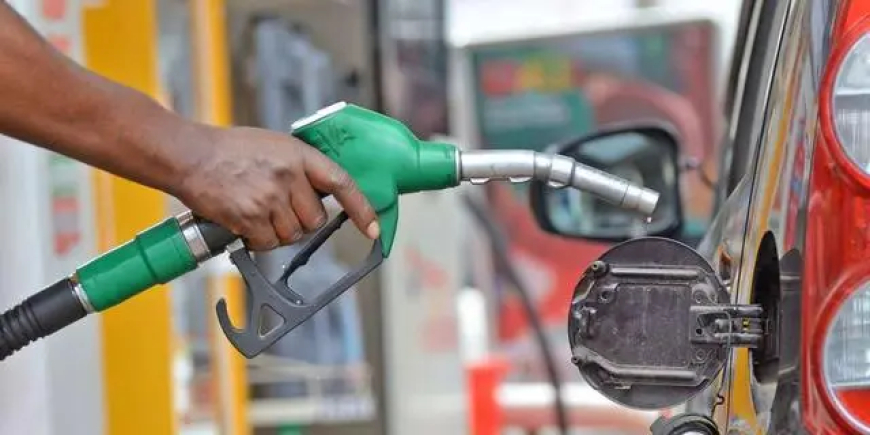Nigeria spends N4 trillion on fuel imports in H1 2025

Nigeria has spent a total of N4 trillion on fuel imports in just the first six months of 2025.
According to the National Bureau of Statistics (NBS) figures, the country spent N2.3 trillion on fuel imports in Q2 2025, following N1.76 trillion recorded in Q1. This brings the half-year total to N4 trillion.
This is $2.58 billion at N1550/$1 exchange rate.
For perspective, in the whole of 2024, Nigeria reported N15.4 trillion in fuel import bills, a figure that strained foreign reserves and contributed significantly to naira volatility.
Petrol tops Nigeria’s imports from ECOWAS countries
According to the NBS data, Nigeria imported N208.76 billion worth of petrol from the ECOWAS region in Q2 2025.
The figure shows the continued importance of regional trade routes in meeting domestic fuel demand, despite Nigeria’s ongoing efforts to boost local refining through facilities such as the Dangote Refinery.
- This dominance by petrol shows the lingering supply gaps in Nigeria’s downstream petroleum sector.
- While local refining is gaining momentum, it has yet to fully replace the need for imported refined products.
- Other major imports from the ECOWAS region include fabrics containing 85% or more by weight of silk worth N69.3 billion.
- Petrol was also listed among the top five most imported commodities nationwide in Q2 2025, alongside durum wheat, gas oil, crude petroleum oils, and cane sugar for refineries.
This ranking shows how energy products continue to dominate Nigeria’s import basket, reinforcing concerns about the country’s persistent fuel import dependence.
Experts want more government support for Dangote Refinery
Several experts have weighed in on the development.
Speaking to Nairametrics, CEO of Centre for Promotion of Private Enterprises (CPPC) Dr. Muda Yusuf said, “The data speaks for itself. It shows that we are still importing.
Our commitment to complete domestication of our refining capacity and to complete import substitution is not yet total. It is an indication that there are still forces within the economy that are still bent on importation [of fuel]. Not everyone is happy with the fact that we want to produce locally.
“What I think the government should do is come up with appropriate fiscal policy to curb importation of fuel.
“Now that we have domestic capacity coming Dangote Refinery or any other refinery, there is … we need to promote backward integration,” he said.
Another economic expert, Bola Akani said, “Until Nigeria achieves consistent local refining, fuel imports will remain a heavy burden on the economy. The N4 trillion spent in just two quarters is proof that our downstream reforms are moving slower than expected.”
If the current trend continues, analysts warn that 2025’s total import bill could rival or surpass the N15.4 trillion recorded in 2024, unless local refining capacity scales up significantly in the coming months.
What you should know
- In July, Nigeria, for the first time, imported more crude oil from the United States than it exported, marking a historic reversal in petroleum flow between the two nations.
- According to the U.S. Energy Information Administration (EIA), this development occurred in February and March 2025, driven by operational changes within Nigeria’s refining landscape and reduced crude demand on the U.S. East Coast.
- The shift is attributed primarily to the rise in crude demand from the Dangote Refinery, which began processing oil in January 2024 and is on track to reach its full capacity of 650,000 barrels per day (b/d) later this year.
- Dangote Refinery announced plans to construct fuel storage tanks in Namibia, aiming to supply up to 1.6 million barrels of gasoline and diesel to southern African nations.
- Nigeria spends N4 trillion on fuel imports in H1 2025 - Nairametrics









